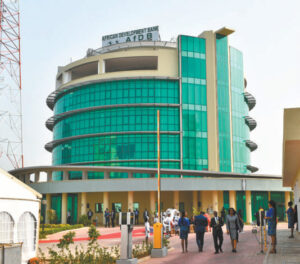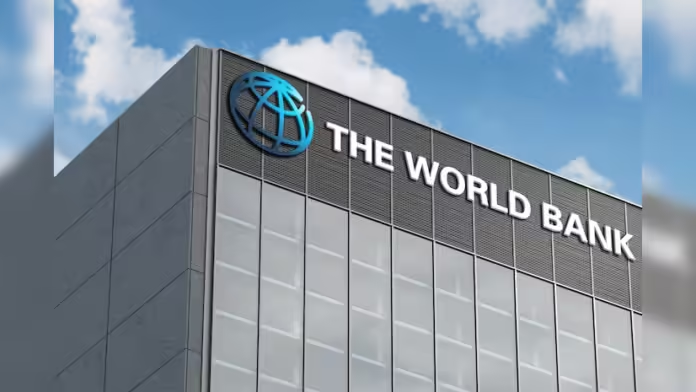The World Bank and the African Development Bank (AfDB) have pledged $30 billion to help bring electricity to 300 million Africans by 2030. This initiative is part of a larger plan to raise $90 billion or more from various sources.

The Rockefeller Foundation, Global Alliance for People and Planet, and Sustainable Energy For All are supporting the plan by forming a technical assistance facility to help identify projects that qualify for funding.
Currently, half of the 600 million Africans do not have access to electricity. This lack of electricity is a major obstacle to economic growth and development in many African countries.
The plan will focus on providing clean energy through technologies such as mini-grids. This will help to reduce carbon emissions and protect the environment.
The Rockefeller Foundation is providing an initial $10 million to support 15 projects in 11 African countries. These projects will help to demonstrate the feasibility of the plan and attract additional funding.
If successful, the plan could have a significant impact on Africa. It would improve the lives of millions of people by providing them with access to electricity. It would also boost economic growth and create jobs.
There are challenges to overcome to achieve this goal. One challenge is the high cost of providing electricity to rural areas. Another challenge is the need to ensure that the electricity is reliable and affordable.
However, there are also opportunities. The falling cost of renewable energy technologies is making it more feasible to provide electricity to remote areas. There is also a growing interest in investing in Africa’s energy sector.
The World Bank, African Development Bank, and other organizations are working together to bring electricity to 300 million Africans by 2030. This is an ambitious goal, but it is achievable. If successful, the plan will have a significant impact on Africa’s economic development and the lives of millions of people.




